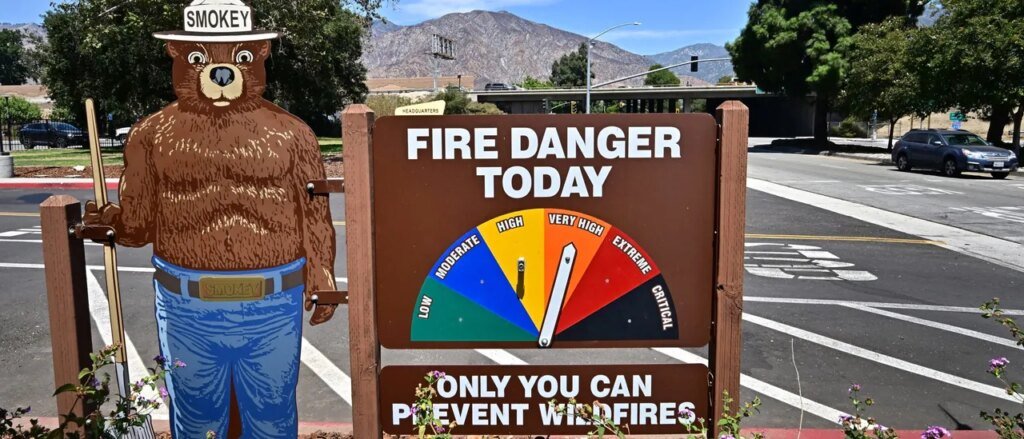Concerns About Wildfire Risks Amid Government Shutdown
As the government enters a shutdown, some GOP members of the House Agriculture Committee are raising alarms about the potential rise in wildfire risks due to a slowdown in forest management efforts.
Funding expired on Wednesday and is not expected to resume until next week, largely because many Democrat senators are opposing the funding measures approved by the House. The USDA’s plan for “Suspending Critical Agency Activities” has come under scrutiny, especially from GOP members who are rejecting parts of a funding proposal designed to mitigate fire risks.
Rep. Glenn Thompson, the Agriculture Chair, expressed that wildfire agencies need all available tools to manage fuel loads and protect both properties and lives. He criticized the Democrats’ actions, claiming they hinder critical preventive efforts and put rural communities in danger.
The USDA has noted that the Forest Service needs to implement “dangerous fuel treatments,” such as prescribed burns, state grants, and permits, which are essential for ongoing forest management on non-federal lands. They indicate that the shutdown poses significant setbacks to scientific work, including research on prescribed fires and weather conditions.
In the context of prescribed burns, the Forest Service describes it as “controlled application of fires by a team of fire professionals under designated weather conditions.” They argue that when done correctly—at the right time and place—these burns can significantly lower the chances of future wildfires. It’s worth noting that wildfire season typically runs from May to November.
Stopping these critical fuel treatments mid-season is viewed as risky by experts. Concerns are growing that prolonged governmental inactivity will lead to fewer proactive measures, increasing the likelihood of severe wildfires. “The longer this shutdown goes on, the less work will be accomplished,” Thompson warned, suggesting that it’s crucial for the Senate to resolve this issue without creating new spending.
A USDA spokesperson pointed out that the closure would cause tangible damage to American farmers, ranchers, and rural communities. The shutdown’s impact was reinforced by comments from former President Trump, who emphasized the need to support those who depend on the government’s functionality.
As the shutdown enters its third day, it’s reminiscent of previous government funding lapses, such as the one during President Trump’s first term, which lasted for an unprecedented 34 days.







